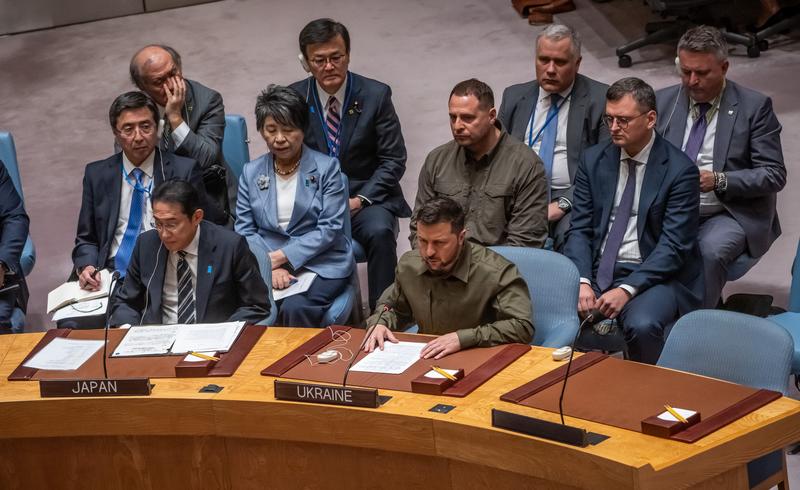Víctor Fuentes/ Reform Agency
Saturday, December 31, 2022 | 11:26
CDMX.- Ministers and ministers will live this week a convulsive renewal of the presidency in the Supreme Court of Justice of the Nation (SCJN) and the Federal Judicial Council (CJF) for the period 2023-2026.
When delivering their work plans, the ministers interested in the position assured what actions they will implement if they win the election on January 2.
Most agree on the need for a presidency closer to the other 10 ministers, after a period in which the current president Arturo Zaldívar adopted many of the relevant decisions and policies on his own.
The process will take place amid the controversy involving Minister Yasmín Esquivel, one of those interested in the position, but who is being targeted after learning that her bachelor’s thesis is similar to other degree projects.
The independence of judges and transparency are the axis of the plan of Minister Norma Piña.
“If I become president, with the invaluable support of my colleagues, we will strengthen our presence in defense of judicial independence, the dignity and respectability of judging persons. Today it is said that they are not listened to, that they are not supports from the top of the PJF. I propose to change this scenario,” he says.
Piña publicly announced his aspiration, breaking with the tradition of handling the issue internally.
Minister Yasmín Esquivel, who was president of the CDMX Administrative Court of Justice, proposes three committees made up of her colleagues, as well as two novel commissions: of retired ministers, who give their opinion and advise the presidency, and of study secretaries and account, that prepares sentence projects of relevant cases with personnel from various presentations.
It also proposes that the publication of projects that will be discussed by the plenary session of the Supreme Court should be the rule, not the exception, as is the case today.
The plan of Alfredo Gutiérrez, former head of the SAT, has a much more managerial tone and is focused on administrative efficiency, with diagrams and graphs on indicators, strategies, and objectives.
“There is nothing new under the sun, but my purpose is to ensure that the PJF works with chronometric precision and reflects, with efficient, monitored and evaluated processes, its transcendent work, as well as its moral discipline, its mystique and its unconditional commitment to the country. “explains the Minister.
Veteran of the judicial career, Alberto Pérez Dayán proposes a presidency that takes into account the other ministers.
“It is not intended a presidency that decides on the most relevant or major issues unilaterally and that controls everything, in the way known as ‘presidentialist’, but one that listens, that dialogues, that allows the collaboration of others , that it integrates through the corresponding commissions and that it delegates”, he affirms.
Javier Láynez, who came to the Court in 2015 after a long career in the Executive Branch, proposes giving autonomy to the Comptroller’s Office of the Court and to that of the CJF.
“The courts cannot bet on the success or failure of a given government. The only legitimate aspiration of the Judiciary must be to ensure that once the political, legislative and administrative instances have given normative form to public policies, they have fit within the constitutional framework,” says Láynez.




